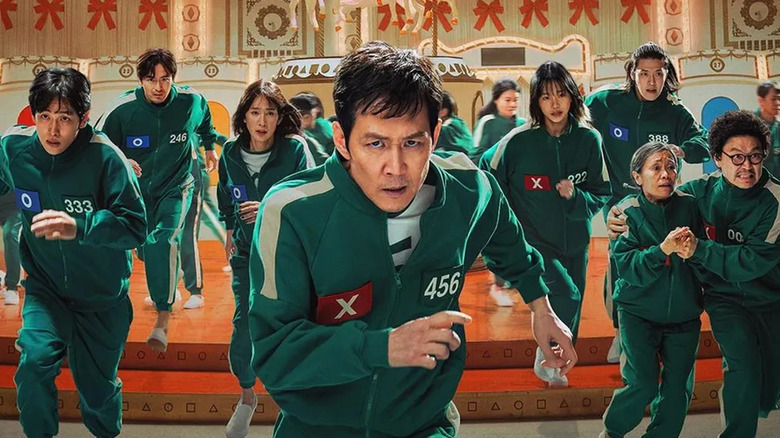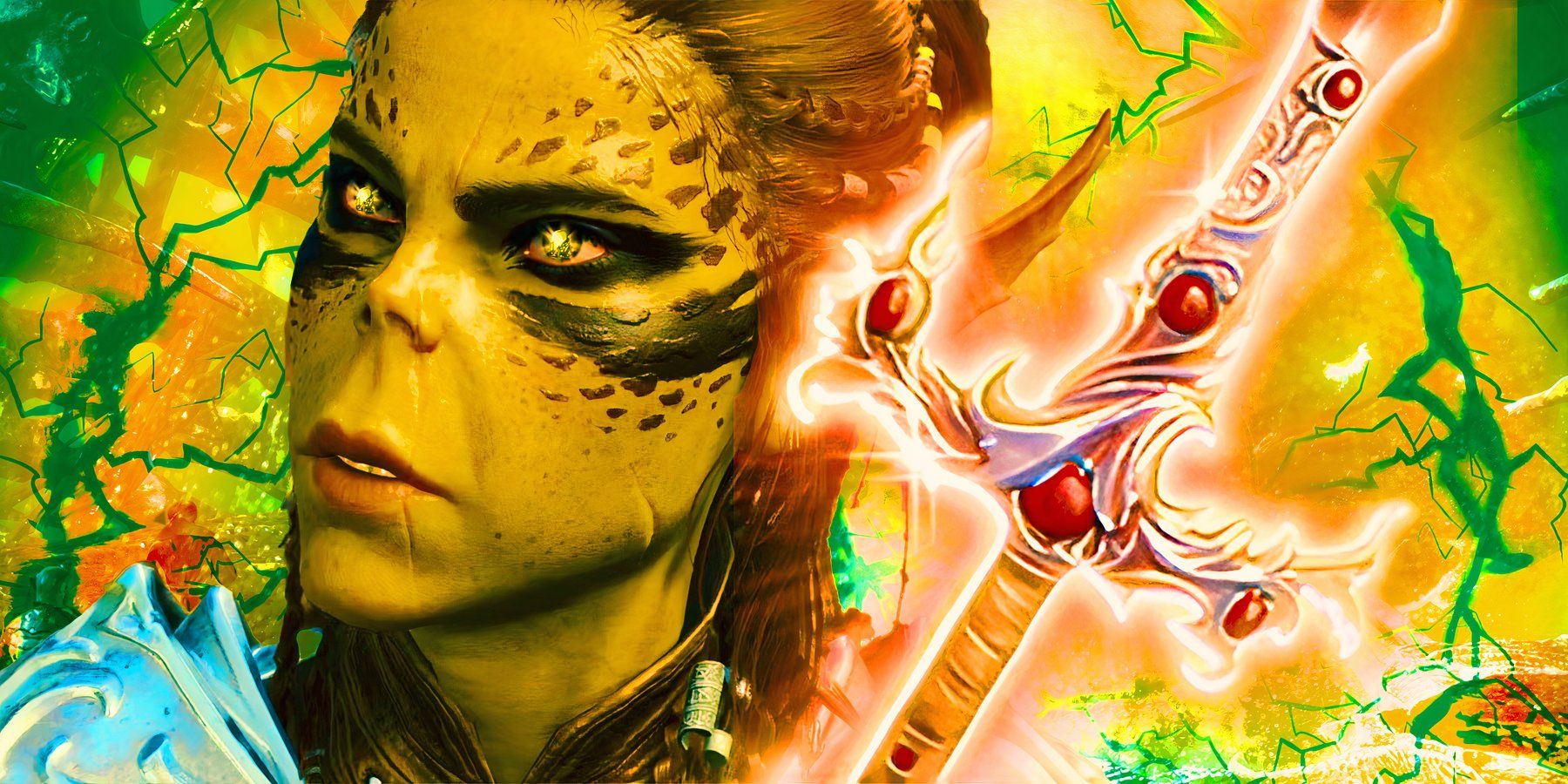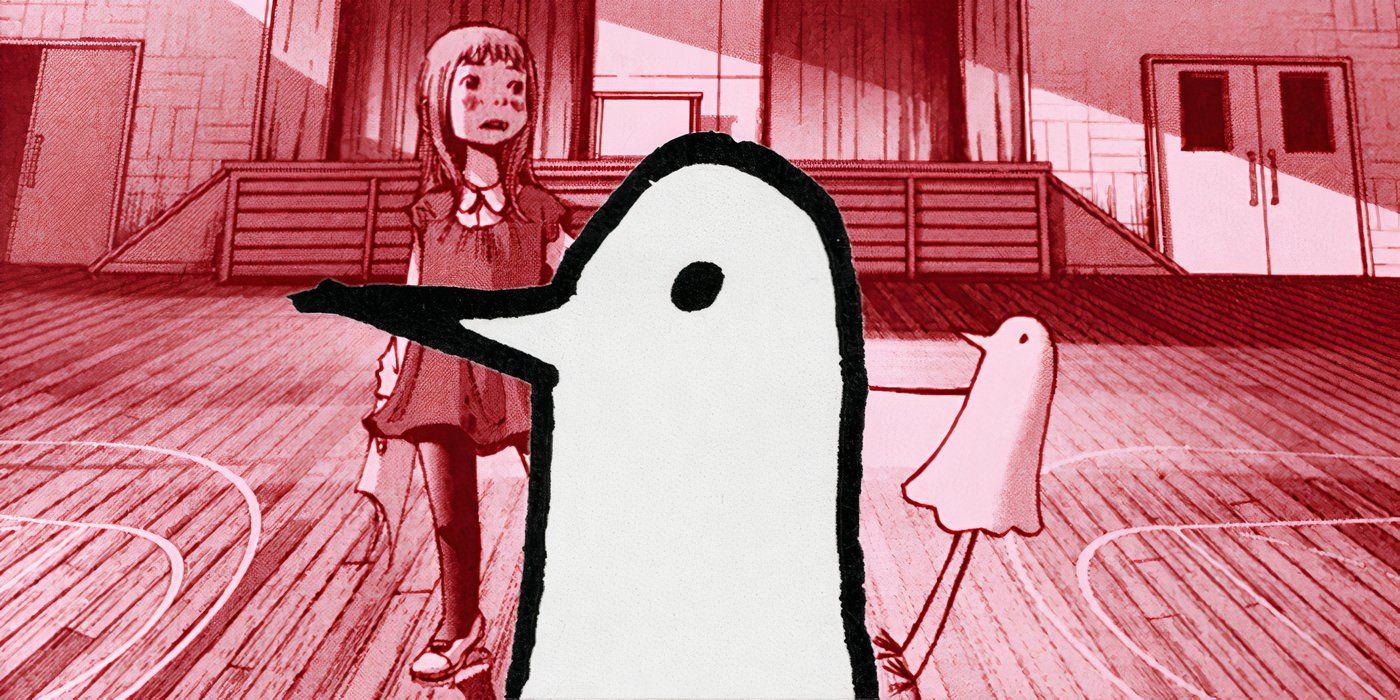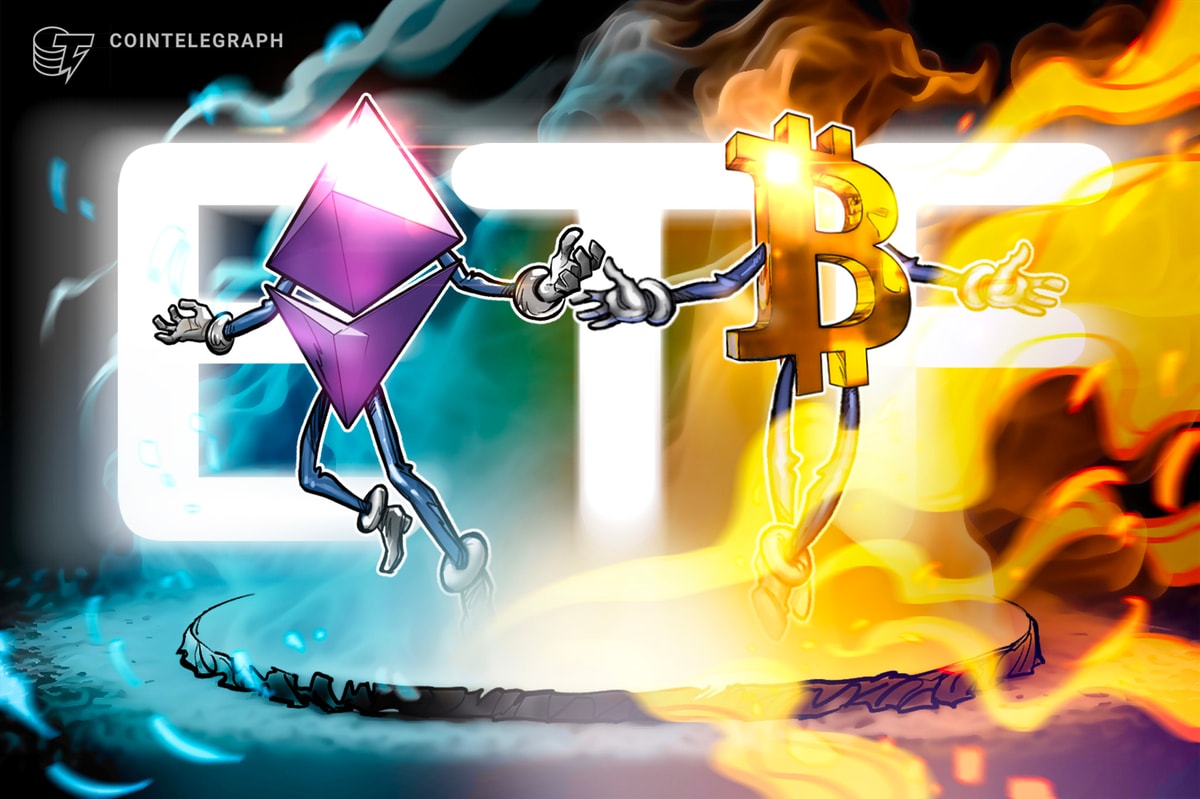
Netflix
Like the players in the deadly games that make up the show itself, the second season of Netflix's "Squid Game" was faced with a daunting challenge. The first season of the South Korean series from creator-writer-director Hwang Dong-hyuk became both a massive hit for the streaming service and something of a cultural phenomenon, which meant that any additional season was doomed to grapple with almost impossible hype. In our current age of constant content, it can be hard for a streaming series to cut through the noise and find a huge audience, and yet, "Squid Game" did just that, hooking viewers with its unapologetically nasty story of sudden death and crushing capitalism. Hwang's series had a simple but brilliant set-up: a group of people buried under mountains of debt agree to play a series of children's games to win a whopping amount of money. And oh yeah, the children's games are deadly. The stakes are unbelievably high: a player who wins the game can pay off their debts and be financially secure for life, while the losers end up dying in a violent, horrific way. What made "Squid Game" so universally embraced is the fact that many of us could relate to the situation; as the rich get richer and the rest of us continue to struggle to make ends meet, we could all easily imagine putting our own lives at risk for the prospect of monetary security.
In season 1, debt-ridden Seong Gi-hun (Lee Jung-jae, who won an Emmy for his performance) is one of 456 players who end up on a mysterious island playing deadly children's games. At first, the players have no idea what they've signed up for, but they learn the awful truth real fast when they play a game of Red Light, Green Light in which anyone who fails to freeze in place is gunned down in a hail of bullets. The games got even more nerve-wracking from there, and in the end, every single player died a horrible death while Gi-hun ended up winning the grand prize of 45.6 billion won (about $38 million in U.S. dollars). While this money was exactly what Gi-hun wanted and needed, the experience of watching everyone around him die left him a broken and haunted man.
"Squid Game" could've easily ended for good there, with Gi-hun both victorious and tormented. But the show was such a huge success that Netflix understandably wanted more. All told, the streaming service hauled in almost $1 billion off the show ... while, ironically, creator Hwang made almost nothing. In the end, Netflix and Hwang worked something out, and the "Squid Game" creator agreed to make two more seasons of the show, with season 3 serving as the grand finale (although Netflix is reportedly working with David Fincher on an American spin-off). For now, though, we have "Squid Game" season 2, which arrives in time for the Christmas season and has to find a way to live up to the massive hype. But can any new season ever truly recreate the phenomenon that was season 1?
Squid Game season 2 recycles a lot of elements from season 1

Netflix
In the end, "Squid Game" season 2 manages to be both exciting and underwhelming. The new season moves at a steady clip, running through new twists and turns and unleashing more deadly games. But coming in at seven episodes, as opposed to season 1's nine-episode run, this second season frequently feels like little more than table-setting for the third and final season. I suppose you could consider this the "Empire Strikes Back" of the "Squid Game" trilogy, a continuation without a real conclusion, complete with a cliffhanger designed to shock you and leave you hungry for more. On the other hand, by the time you've burnt through all seven episodes of "Squid Game" season 2, you might find yourself asking, "Is that it?" It certainly doesn't help that Hwang loads the season up with meandering storylines that go absolutely nowhere. Will the series wrap them up in season 3? Probably! But such an approach doesn't make for very compelling viewing.
As season 2 begins, some time has passed since the conclusion of season 1, and Gi-hun remains both haunted and determined. He's used his massive jackpot to hire an entire team of guys to help him track down the folks behind the folks still running the Squid Game. Gi-hun could've taken his money and run, but instead, he wants to shut the organization down for good. He's joined on that front by Hwang Jun-ho (Wi Ha-joon), a cop who has a direct connection to the deadly games: his brother, Hwang In-ho (Lee Byung-hun), who goes by the nickname the Front Man, is the guy running the show, donning a mask and dressing up like a goth Doctor Doom as he lords over the games.
The very nature of the show dictates that sooner or later, Gi-hun has to end up back in the game. And sure enough, that's exactly what happens. And it's here where the second season begins to run into problems. There's a real sense of repetition that sets in almost immediately. In an attempt to remind viewers what they loved about the show in the first place, "Squid Game" season 2 ends up recycling elements from season 1. There's even a big twist involving one of the new players that's directly lifted from the first season. Hell, even the organ harvesting subplot returns.
At the same time, season 2 makes a big mistake in giving us far fewer games. Part of what made season 1 so memorable were the host of deadly games the players found themselves partaking in from episode to episode. Season 2, however, only gives us a small number of games, and one of them — Red Light, Green Light — is ported over from season 1. And while season 1 found something for Jun-ho to do by having him sneaking around the mysterious island where the games are held, season 2 sticks him on a boat for the entire season, with each episode briefly cutting back to him as he sails around trying to find Gi-hun. It is, to be honest, rather boring stuff, and gives the entire season a hodgepodge feeling, as if Hwang was torn in two directions of wanting to advance the story while also being shackled to recycling familiar beats.
Squid Game season 2 feels designed to do little more than set up season 3

Netflix
None of this is to say "Squid Game" season 2 doesn't entertain. Many of the new characters make an impact — Hyun-ju (Park Sung-hoon), a trans woman who enters the games, becomes a memorable character we're really rooting for, while Park Gyu-young, as a young woman named No-eul (I'm being vague about what she does to avoid spoilers, folks!), is perhaps the most intriguing new addition to the story; a morally gray figure who unfortunately falls by the wayside by the time the season wraps up. The series also continues to be emotionally wrenching in the way it makes us care about people we know can die at literally any moment — and indeed, there are several brutal scenes in season 2 that will kick you in the gut.
Season 2 also manages to have Gi-hun grow as a character in unexpected ways. He enters the games with a mission to prove that the worldview of the people running things, represented by the blunt Front Man, is wrong and vile. The Front Man counters that the people running things just make the games, it's up to the players to actually play them. And just to underscore this, season 2 introduces a new wrinkle: after each deadly game, the players can vote to stay or leave — and over and over again, players vote to stay, even though they know they could be killed at any moment. In the Front Man's eyes, this is confirmation of his cold, bleak worldview, but to Gi-hun, it just underscores how the game exploits the neediness of desperate people. And yet, when the season finale rolls around, Gi-hun finds himself making decisions that he might've thought were callous and cruel when he re-entered the game. This emotional and mental battle is by far the most interesting element of the season, but by the time the action-packed season finale arrives, it starts to feel like the series has painted itself into a corner.
Ultimately, "Squid Game" season 2 ends up feeling like it's trying to do one thing, and one thing only: get you excited for "Squid Game" season 3. And I guess on that front, it's successful — I want to see how this story ends. But I can't shake the feeling that too much of season 2 feels like it's spinning its wheels. Sure, it's entertaining and highly-watchable — don't be surprised if you binge through the entire thing in a day or two. But whereas season 1 felt like earth-shaking entertainment that came out of seemingly nowhere, season 2 is both too familiar and too inconclusive for its own good. I'm glad the show is back for more mayhem, I just wish it had something else to say other than "We'll wrap all this stuff up next season."
/Film Rating: 6 out of 10
"Squid Game" season 2 is now streaming on Netflix.








 English (US) ·
English (US) ·